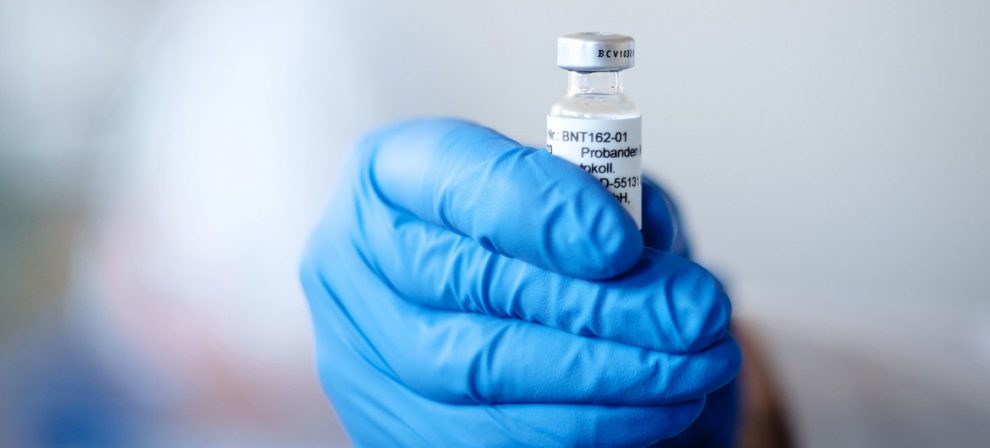Despite encouraging news about COVID-19 vaccines and cautious optimism over potential new tools against the disease, “this is not the time for complacency,” the head of the World Health Organization (WHO) warned on Monday during his latest press briefing in Geneva.
Media briefing on #COVID19 with @DrTedros https://t.co/omNYXHvWf9
— World Health Organization (WHO) (@WHO) November 16, 2020
WHO chief Tedros Adhanom Ghebreyesus said the UN agency is “extremely concerned” by the surge in cases in some countries, particularly in Europe and the Americas, which is pushing health workers and health systems to breaking point.
“In this moment when some governments have put all of society restrictions in place, there is once again a narrow window of time to strengthen key systems”, he told journalists.
‘Playing with fire’
WHO and its partners are working with national authorities, to ensure health workers who fall ill will receive proper coverage and that health systems will be ready when safe and effective vaccines are rolled out.
Tedros again highlighted the actions that have helped to prevent COVID-19 spread, such as contact tracing and cluster investigations, noting that countries which have invested in these areas are facing much less disruption.
“Those countries that are letting the virus run unchecked are playing with fire”, he stated
The WHO chief stressed the need for greater action to support health workers but also to keep schools open, protect the vulnerable and safeguard the economy.
“From calling up students, volunteers and even national guards to support the health response in times of crisis, to putting strict measures in place that allow pressure to be removed from the health system. There is no excuse for inaction. My message is very clear: act fast, act now, act decisively”, he said
Encouraging but cautious
Although welcoming the latest news on COVID-19 vaccines, WHO is awaiting further data on these potential treatments.
Biotech company Moderna announced on Monday that its experimental vaccine has shown a nearly 95 per cent efficacy rate, according to interim results.
This follows a recent similar announcement by pharmaceutical companies Pfizer and BioNTech.
Responding to a journalist’s question, WHO Chief Scientist Dr Soumya Swaminathan called the development “quite encouraging”, while also expressing caution.
“Of course we need to wait and see what the final efficacy and the safety profile of this vaccine will be when the whole data is analyzed after they reach their primary endpoint, and also have enough follow-up of at least two months of half the trial participants for the side effects. And that will then be submitted to the regulatory agencies”, she said.
Ensuring equitable access
The Moderna vaccine is among nine candidates in the COVAX Facility: a global initiative for equitable vaccine access led by Gavi, the Vaccine Alliance; the Coalition for Epidemic Preparedness Innovations (CEPI), and WHO.
More than 170 countries have joined the Facility, including some 92 low and middle income nations.
Discussions with several vaccine manufacturers from across the world is ongoing, said Dr. Swaminathan, who explained other considerations for procurement besides efficacy and safety.
“There is an independent prioritization group that is being set up that will look at the dossiers, that will look at the data, that manufacturers are submitting,” she told the briefing.
“Then there are the cost considerations as well. There is the affordability, and then there are practical considerations like the need for cold storage, the number of doses of vaccine that will be required, the number of doses that may be available early in 2021.”
Limited supplies
Dr. Swaminathan expressed hope that results from other vaccine trials currently underway will be released in the coming weeks.
She underscored the need for the COVAX Facility to have the widest possible selection of vaccine candidates as some will be more applicable in certain situations, or among sub-groups such as the elderly, for example.
“I think we’re looking at at least the first half of next year, as being a period of very, very limited doses”, she said.
“Supplies are going to be limited. There are bilateral deals that many of the companies have done, so many of the doses have already been booked by some countries.”
She stressed the overall goal of ensuring that health workers and others at high risk of COVID-19 are protected wherever they are located, underscoring the need for global solidarity.





















Add Comment